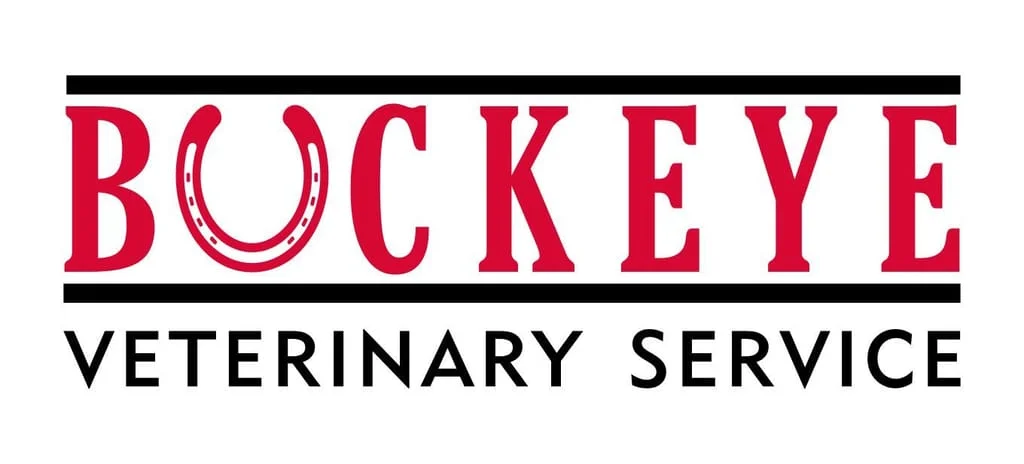You can divide horse nutrition into six categories: carbohydrates, protein, fat, vitamins, minerals and water. If you get the right feed for your horse, it might take care of the first five. Supplement the feed with plenty of water, and your horse should have all of its needs met. However, to be sure
Read more

Rabbits make wonderful pets. They are fluffy and soft, respond well to handling, and can learn to use a litter box. There are even different breeds of rabbit! For example, some have straight ears, some have floppy ears, some are normal size, and some are dwarf sized. Rabbits can live for 5 - 10 years. Rabbits have very strong hind legs and sharp claws. They also have a very light skeleton. If you handle your bunny improperly, he may kick his legs so hard that he breaks his back! When you carry him, always support his rear end. If he struggles, put him down, until he is quiet.
If You Choose a Pet Rabbit
You should make sure that you are purchasing a healthy bunny. It is best to select a young bunny. He should have clear eyes and a nose free of any mucus. The bunny should be curious and friendly. Check to see the bunny has been spayed or neutered. Most are breeders and pet stores do not alter their pets. You will want to have your new friend spayed or neutered between 4 and 6 months age. An altered pet will reduce the risk of that famous bunny reproduction and will prevent certain health and behavioral problems. In the United States, bunnies do not typically require vaccines, but be sure to check with your veterinarian to confirm the protocol in your area. Bunnies do, however, require vaccines in the United Kingdom. They always need annual check ups and fecal tests for parasites.
-
Nutrition
Category: Equine, Living With Your Pet, Providing Care
-
Metabolism
Category: Equine, Pet Health, Chronic Conditions
Metabolism in horses — and in other animals — refers to all the body’s complicated processes that break down food, drink and drugs to provide nutrients and energy for living. Anabolic reactions generally happen soon after eating, to build structural parts of the body, such as muscles. Catabolic
Read more -
Limb Conditions
Category: Equine, Pet Health, Orthopedics
Several disorders can affect the hindlimbs, forelimbs or hooves of horses. Some of these can lead to lameness or changes in gait. Hindlimb Conditions in Horses Stringhalt is a condition that causes the horse to jerk or hop, with the hind legs pulled up high before taking the next step. This results
Read more -
Ligament and Tendon Injuries
Category: Equine, Pet Health, Orthopedics
Ligaments and tendons are important parts of the musculoskeletal system, which also includes the muscles and bones. Together, all these components provide support for the body and enable the horse to move and exercise. Tendons are very tough bands of connective tissue that connect muscles to bone. Tendons
Read more -
Immunodeficiency Disorders
Category: Equine, Pet Health, Chronic Conditions
Immunodeficiency disorders in horses are rare conditions that prevent the immune system from protecting the horse against viral, bacterial or other types of infections. These disorders can affect different parts of the horse’s immune system. They may be present at birth or develop later on in the horse’s
Read more -
Kidney and Liver Problems
Category: Equine, Pet Health, Chronic Conditions
Horses are rarely prone to kidney or liver problems. Damage to both organs is much less common in horses than it is in cats or dogs. However, some aging horses do suffer from progressive and irreversible diseases of the liver or kidneys. Unfortunately, problems with these organs are seldom diagnosed
Read more -
Where Do You Look For a Horse?
Category: Equine, Choosing Your Pet, Horses
A good place to buy a horse is the stable where you ride or plan to keep the horse. The stable owner has an interest in keeping you satisfied, and knowing your abilities and temperament he or she can suggest a suitable animal. Riding instructors are also good agents for locating a suitable horse since
Read more -
Horse Health
Category: Equine, Living With Your Pet, Providing Care
Looking after a horse is a complicated and, at times, trying experience. Part of a well horse health program includes routine vaccination and deworming. In addition to caring for the inside, however, two simple ways to maintain horse health are regular grooming and equine massage. Vaccinations Vaccinations
Read more -
Hoof Health and Care
Category: Equine, Living With Your Pet, Providing Care
Horse hooves are complex structures that tell you a lot about your horse’s health and wellbeing. They’re also susceptible to many problems. Here are a few hoof basics as well as some of the major hoof issues your horse faces. Anatomy If you look at the bottom of a horse’s hoof, you’ll see two
Read more -
Hives and Skin Allergies
Category: Equine, Pet Health, Chronic Conditions
The skin is the largest organ in the body and serves many important functions. In spite of its usefulness, a horse’s skin can also develop redness, itchiness or hives in response to various substances in the environment. These kinds of allergic reactions can be caused by things eaten, inhaled or touched
Read more -
Hernias
Category: Equine, Pet Health, Chronic Conditions
Hernias A hernia is a tear in the body wall of a horse that allows the internal organs to push through to a place where they don’t belong. There are several types of hernias. They can affect horses of any age or breed. Horses may have a defect at birth (congenital) that increases the risk of a hernia,
Read more -
Headshaking
Category: Equine, Pet Health, Chronic Conditions
Head shaking shows up in horses as uncontrollable shaking, jerking or flicking of the head, with no obvious physical irritation causing the condition. While some cases may be mild, head shaking can be severe enough to make a horse dangerous or unsuitable for riding. Other symptoms that may occur alongside
Read more -
Fractures
Category: Equine, Pet Health, Orthopedics
Fractures, or breaks, can potentially occur in any bone in a horse’s body. Some types of fractures, however, are more common, especially among very athletic horses, such as racehorses. Causes of Fractures Fractures fall into several categories: An incomplete fracture (also known a “green stick,”
Read more -
Food and Nutrition
Category: Equine, Living With Your Pet, Providing Care
From your point of view, as the caregiver, it is important to familiarize your horse with being handled-and of course, it is always gratifying to have a horse with a clean and smart appearance. Feeding your horse correctly is a vital element of effective horse care. A horse's natural grazing pattern
Read more -
Exerional Rhabdomyolysis (Tying-Up)
Category: Equine, Pet Health, Diseases and Viruses
Horse lovers have observed this frightening disease for centuries. It’s been called azoturia, tying-up, cording up, holiday disease and Monday morning disease; the last two names reflect that symptoms are sometimes observed after hard work followed by a period of rest. In the last couple of decades,
Read more -
Examining Your Horse
Category: Equine, Choosing Your Pet, Horses
Even if you fall in love with the horse, do not buy it before the animal has been thoroughly examined by a veterinarian with experience in performing purchase examinations. Long-time horse owners almost always have a veterinarian examine any animal before purchase and first-time owners should certainly
Read more
Locations
Office Hours
24 Hour Emergency Care - 365 Days a Year
8:00 am - 4:30 pm
8:00 am - 4:30 pm
8:00 am - 4:30 pm
8:00 am - 4:30 pm
8:00 am - 4:30 pm
Emergencies Only
Emergencies Only

